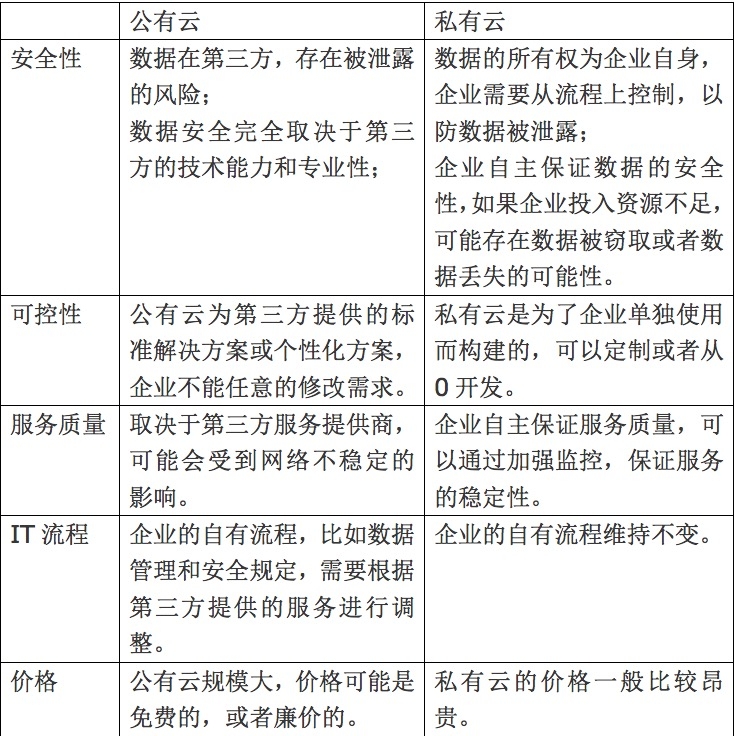
Yesterday, Microsoft released a document showing that Land O'Lakes, a large customer with a market value of US$13 billion, transferred its application R7 from WinField, its agricultural technology business, to Microsoft Azure Cloud.
Previously, Blue Lake was a major customer of Google Cloud. In March of this year, Blue Lake announced that it will transfer all R7 applications to Google Cloud in order to obtain Google's weather data, map data and other relevant data. However, according to Microsoft's data, Google seems to have been dug by Microsoft and lost this big customer.
Mike Macrie, chief information officer at Blue Lake, said: "R7 can combine agronomic research, weather information and satellite data, and provide mobile and mobile devices to farmers and WinField experts to help them in their cultivation. Making important decisions and responding to changes in the farmland in a timely manner.†Markley added that the mobile device is the Surface tablet, and Blue Lake has staff equipped with Surface and provides Office 365 services.
Prior to this, Google's cloud computing director Diane Greene (Diane Greene) is very confident about their products, claiming that as long as the cloud computing customers open tender, Google can always steal business from Microsoft.
But the reality is that Google will not even be invited to the negotiating table of big customers, even the opportunity to participate in bidding is not, many customers are owned by Microsoft. Last week, Microsoft announced a cloud contract with Boeing and General Electric, and this time it was Blue Lake.
Many people here have doubts about what advantages Microsoft's cloud has in comparison to Google Cloud.
1. Large customer service baseThe data shows that Microsoft's existing customers account for about 85% of the largest U.S. companies. Developing potential customers from existing customers is easier than developing from 0 to 1. Microsoft's core strengths lie not in technology but in in-depth understanding of the company's business and established customer base. Most of Microsoft's businesses are business-oriented, and Google is more consumer-oriented. Therefore, at the level of large customer sales, even Amazon, the cloud service boss, can not compete with Microsoft.
Microsoft's official sales statement for large companies is straightforward: We have more experience in handling the needs of large customers. Companies are happy to accept Microsoft's 30-year corporate sales experience and hot products that can be packaged and sold with Azure.
Scott Guthrie, Microsoft's director of cloud and enterprise business, once said, “We have done a good job in customer win-loss management, and we are the most divergent in responding to business needs. This makes Microsoft Cloud have Many customers are transferred from Amazon."
Google, as a company based on consumer products, is an ordinary netizen and does not have a good corporate service foundation. According to outsiders, Google’s weakness is that it does not know how to sell products to big companies. It is not the developers who make purchasing decisions for large companies. They are executives. Executives are not technical. Even if they are technical, they are not just focusing on technology when purchasing products. Some companies cooperating with Google have complained that Google just sinned this taboo. They still continued their previous engineers' culture while selling products and services. Their speeches and presentations are very technical.
When cloud industry consultant MSV Jana Kirill saw the performance of Google Cloud Services bidding, he pointed out: “Google should draw a blueprint and then tell a story. None of the people on the scene understand the demonstration of Kubernetes. They are too technical. Flowed."
2. Technical strategyCompared to the past, Microsoft in the Nadela era began to change the closed technology culture, began to support the previously very conflicting Linux open source operating system on Azure, and open source to users, let Microsoft get a lot of developers like. Previously Ballmer called Linux "cancer." Bartoletti said, "The reason why Microsoft's cloud computing business is going well is that this company has resonated with developers."
Microsoft's cloud computing platform is Windows Azure, which can provide public cloud and private cloud services. In the field of cloud computing, Microsoft will play the role of service and technology leader. And Microsoft is willing to allow its own software to coexist with software from other companies. Customers who want to experiment with a hybrid cloud model can spread business operations on their own servers, AWS and Azure.
Microsoft has been developing "hybrid cloud" products for some time. In simple terms, it is to sell a similar Azure private cloud to customers. Customers can manage and use them according to their own needs. The private cloud product, regardless of interface and experience, is highly unified with Azure, and can be seamlessly extended to the public cloud. These are not comparable to Amazon or Google.
At the same time, Microsoft has more global data regions (32, higher than Amazon's 13), higher security in the private cloud, customers are more flexible in choosing where to store data to address global privacy concerns Sex.

Compared to Google, Microsoft has made great moves in private clouds and "hybrid clouds", and Google has only public clouds.
Nicholas Harteau, Spotify’s vice president, once said: “We chose Google Cloud, not AWS, not for price reasons, but because of Google Cloud’s leadership in data analytics services.†Google’s vast majority of cloud service customers use Google’s cloud Platforms to process data, the advantage of the platform is more in big data services, it uses the recommendation system, covering analysis, machine translation, voice recognition, maps and other aspects of technology to attract customers, but the use of cloud services to run part of the important The application has obvious shortcomings compared to Microsoft.
3. Product Portfolio and Developer Ecology"The growth of Microsoft's Azure business is mainly due to the company's use of corporate agreements as a means and tool," said Gartner analyst Anderson.
Microsoft's main profit channel comes from providing enterprises with quality software and services. The company brings more synergies to customers in its portfolio of solutions. Many large Microsoft customers have already signed an "Enterprise Agreement" with Microsoft. This agreement allows them to obtain high discounts when using Microsoft software. Microsoft can use such agreements to promote the use of Azure cloud services.
Cloud services include the following three levels:
SaaS (Software as a Service, Software as a Service)
PaaS (Platform as a Service, Platforms and Services)
IaaS (Infrastructure as a Service, Infrastructure as a Service)
Microsoft said that its SaaS products, especially Office 365, have a very positive effect on the overall advancement of Azure services. Although Google has been promoting Google Apps for the past decade, according to the data, only one company in the Fortune 50 has used Google Apps. This company is Google itself.
Some analysts believe that Google is behind Microsoft in the cloud service developer group. "Microsoft's developer group is one of Microsoft's greatest strengths. This is one of Google's pursuit of focus. To attract these enterprise developers, Google is also working to simplify the platform's ability to compile, deploy, and manage apps."
4. Internal emphasisThe client valued the importance of the service provider’s products in the company and the direct responsible person. Microsoft’s CEO Nadella was previously the cloud computing business leader and personally led Azure’s transformation. Today, Microsoft has made it clear that Azure is regarded as the top priority development project, placed on the front line of the company's strategy, and continues to emphasize to users that Azure integrates with Windows Server and other enterprise products. From the current state of the company, Microsoft's core business operating system has been sluggish growth and its profitability has been declining. Therefore, it is urgently needed to develop businesses that can continue to develop blood for the company.
Google, as a company with more than 90% of its revenues, comes from advertising companies, and its revenue has been stable enough. Under such circumstances, compared with Microsoft, Google has very little determination on cloud services. This giant, established by providing free internet services and mobile services to consumers, will not place the highest importance on the importance of enterprise technology services. At the same time, Google's cloud service leader Green was airborne, and Microsoft Cloud was led by Nadella. Greene hinted in an interview that Google CEO Pichchai does not seem to have enough patience for the establishment of cloud service teams and customers.
